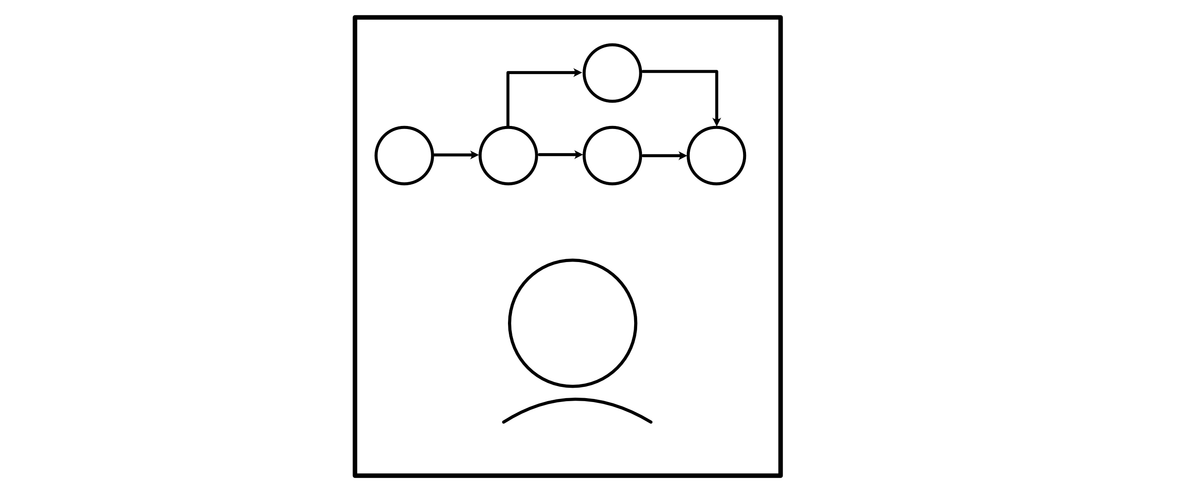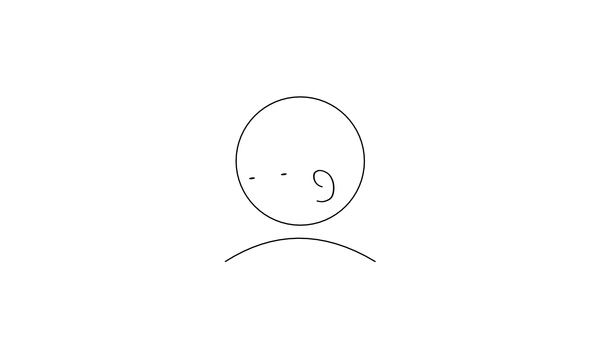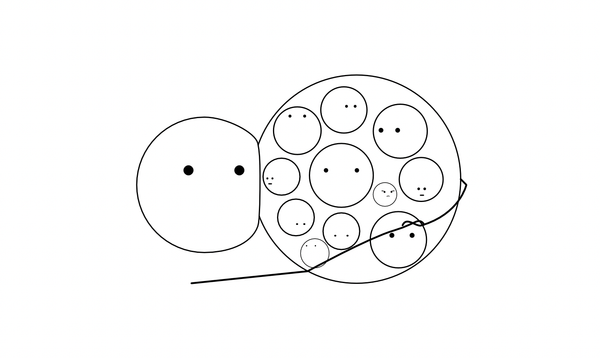Humanist IT: getting stuck
The short version: IT is broken. It’s not working, to the point where people are ready to give it up, just like they would a mangled…

Getting stuck is actually really easy. It comes from a belief that choice is governed. It can have a thousand options within it, like all the potato chip flavors you’re hit with as you walk down the snack aisle. It can feel like you’re dealing with TMI, when actually you’re dealing with a governed data set that is exorbitantly expansive, exhausting to peruse, sensing that if you just kept at it another minute you’d see exactly what would hit the spot, and still requires compromising your goals.
Governance goes beyond data sets. Governance is also in our user pathways, our processes, and how well or poorly our digital information structures mesh with real-world information structures. And once we see that the structures are also in real-world, it’s easier to see that governance can also be behavioral. Human.
Monopolies love stuckness. What they are doing informationally is curtailing a governed information set, forming or leveraging some kind of requirement, and then working to get as close to a single option as they can.
They saw a problem and offered a solution. Other people saw the same, offered a different solution, and the solution set became shared — no one had 100% of the potential market base. But in the process, more people liked the full set of available pathways, decided this was a problem worth solving, and bought in. That creates a governed data set.
If enough people buy in, and what was once a solution now becomes an expectation, that sets a requirement. That’s governed processes.
Maybe the business is befuddled by humanity being a part of their information set — which they are, always, because humanity and information are inextricably intertwingled. Humanity can be enough of shift that the designed infrastructure doesn’t work to business wishstates. The only option the befuddled business sees to increase market share is to buy other outfits that seem to have figured something out. It might even be to try to cross-pollinate whatever the purchased company figured out. But in subsuming instead of mixing in, they lost the humanist spark that made the whole shebang work; to them, it looked…extraneous. They are bigger, but still not understanding the key ingredient. They try again. All along, they are governing human behavior through lack of supporting information structure.
Maybe they were urged to it through social and financial pressures. Maybe they were provided a blueprint in their education that they never questioned.
Maybe they are assholes.
There are hundreds of behaviors that could get the ball rolling, and keep it going. The endstate is still the same: anti-competitive behavior until it’s an non-competitive market.
A monopoly is imposed stuckness. If it becomes required, even better. Situations like losing cellphone communications leading to a lack of work, which is needed to survive, makes cellphones a necessity. The stuckness isn’t just about a company’s monopolistic behaviors. It’s about the cultures and social expectations that surround the product’s use. Expectations too deeply and unquestionably grasped are a social governance.
Most regulations (not all), including those around monopolies, are put in place because some asshole decided it was ok to cause wider harm as long as they could make some money doing it. Those regulations are necessary for society to function. For whatever reason, we have a bunch of people who seem unable to understand that money is an abstracted construct that goes away if people go away. Poison water, people die, they no longer produce what could be sold, no money. Pollute the air, people die, they no longer produce what could be sold, no money. Nuclear war, people die, no money. Climate change, food can’t be grown, people die, no money. Control the production base of a necessity, charge too much, people can’t afford to eat, people die, no money. It’s not the next step, but it’s setting up the dominos in a way that gets harder and harder to shift in a direction of people-not-dying and money continuing to have the conceptual foundation of exchange between people.
We are hitting the ceiling of yes-and that just heightens what is already in the mix — that adds to the governed data set, thinking we just need shrimp-and-pickle-flavored chips.
We need the yes-and that transforms, that adds a whole other facet which in turn adds complexity and possibility. It is going to the network and saying, “and now we’ll include this node, too; and to do that we need to balance with this node, and…” That’s how we find our choices.
And someone is going to not like what those choices are. The trick is to find that pathway that is broadly humanist.




